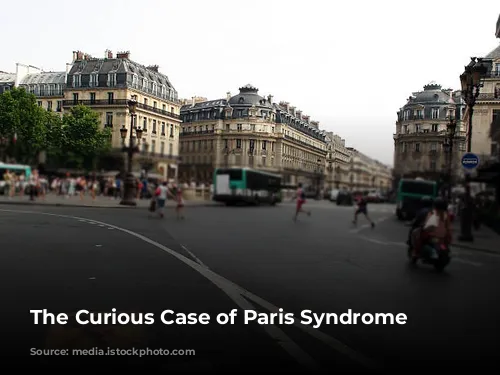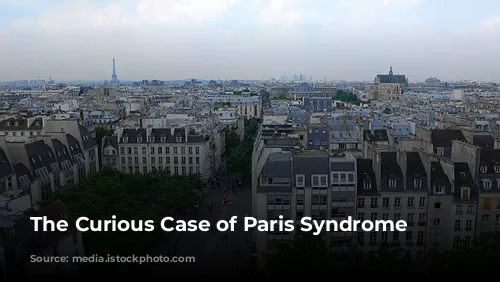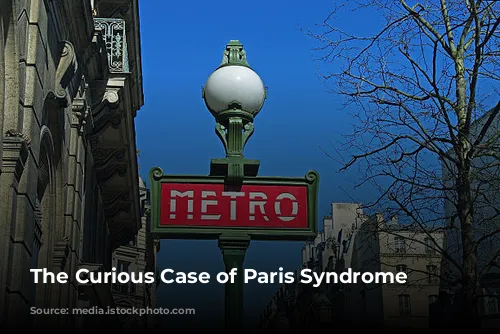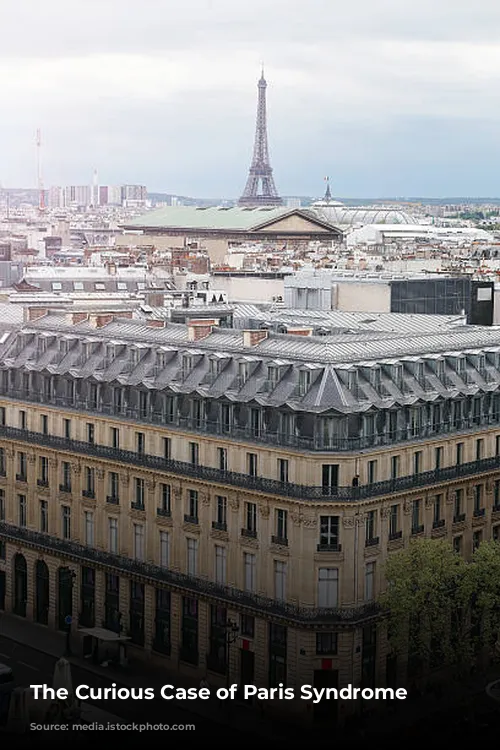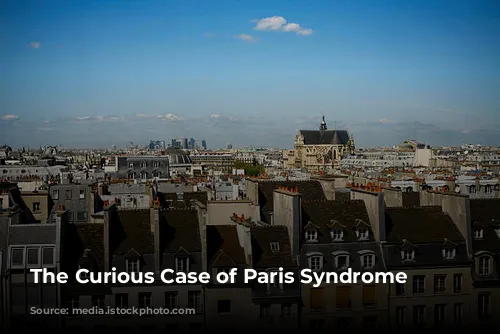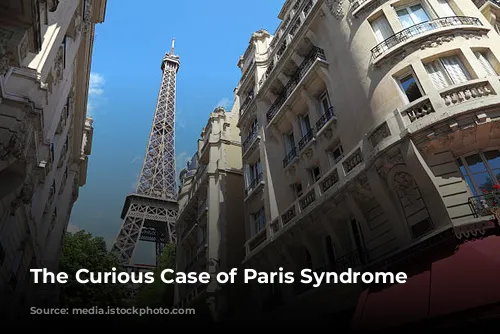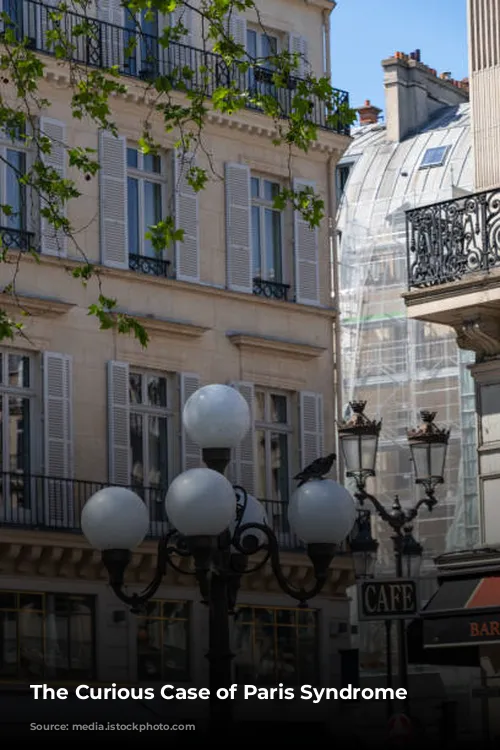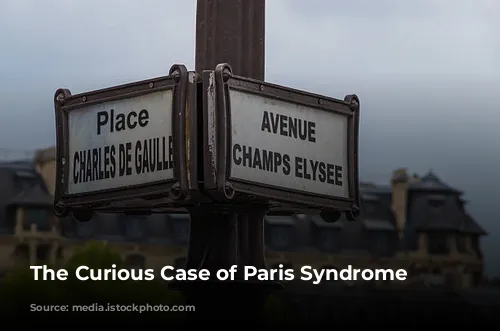Imagine stepping off the plane in Paris, the City of Lights, only to find yourself overwhelmed by a wave of anxiety, confusion, and even hallucinations. Sounds like a bad dream, right? Well, for some visitors, this is a reality. Welcome to the fascinating, and slightly unsettling, world of Paris Syndrome.
Paris Syndrome is a psychological condition that can affect tourists, particularly those from Japan, who experience a severe form of culture shock upon arriving in Paris. This isn’t just a case of jet lag; it involves a complex mix of emotional and physical symptoms.
When Dreams Become Nightmares
The symptoms of Paris Syndrome can range from mild to severe. Imagine feeling a deep sense of derealization, where the world around you feels unreal or strange. This might be accompanied by depersonalization, where you feel disconnected from yourself. Anxiety, dizziness, and even hallucinations are all part of the potential package. You might feel like you’re being persecuted by the locals, even though there’s no real threat.
The Roots of Paris Syndrome
Why does this happen? While the exact causes are still debated, the theory is that this syndrome is fueled by a disconnect between idealized expectations and the reality of Paris.
Think about it. For many Japanese tourists, Paris is a romanticized dream. They’ve been exposed to countless images and stories about the city’s beauty, fashion, and culture. It’s no wonder they’re disappointed when they arrive to find a crowded, sometimes dirty city, with less-than-welcoming locals. This culture shock can be overwhelming, especially for those already predisposed to anxiety or mental health issues.
A Closer Look at the Syndrome
While the term “Paris Syndrome” was coined by Japanese psychiatrist Hiroaki Ota in the 1980s, the condition has been studied and debated for decades. Some argue it’s simply a form of traveler’s syndrome, a broader term for psychological distress related to traveling. Others believe it’s a specific response to the unique blend of cultural expectations and reality in Paris.
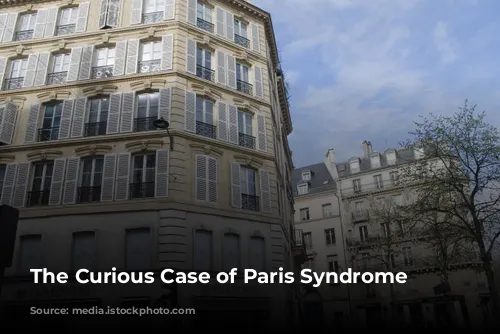
Is It Real?
The reality is that Paris Syndrome is still a relatively rare phenomenon, affecting a small number of the millions of tourists who visit Paris each year. However, the impact on those who experience it can be significant. The syndrome highlights the importance of managing expectations and being prepared for cultural differences when traveling.
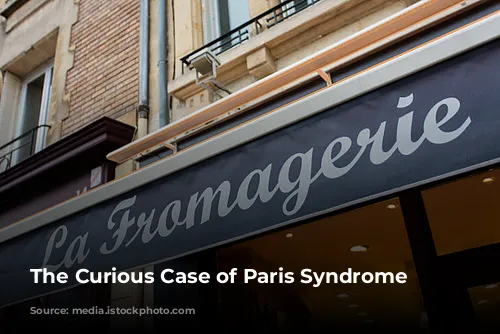
Beyond Paris
The phenomenon of cultural shock isn’t limited to Paris. Tourists visiting any new place can experience similar feelings of anxiety, disorientation, and disappointment. It’s important to remember that travel is an adventure, and part of that adventure is embracing the unexpected, even the uncomfortable.
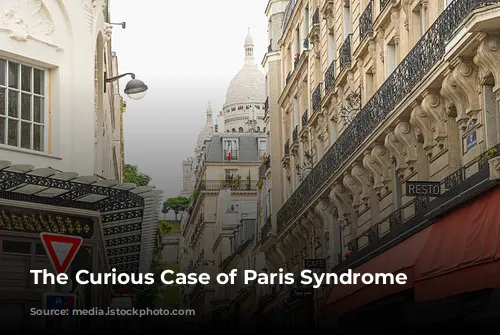
The Takeaway
While Paris Syndrome is a fascinating case study in the psychology of travel, it serves as a reminder that travel isn’t always sunshine and roses. Being aware of cultural differences and managing expectations can help prevent negative experiences and allow us to truly appreciate the unique beauty of each destination. So, the next time you’re planning a trip, be sure to pack an open mind and a sense of humor!
